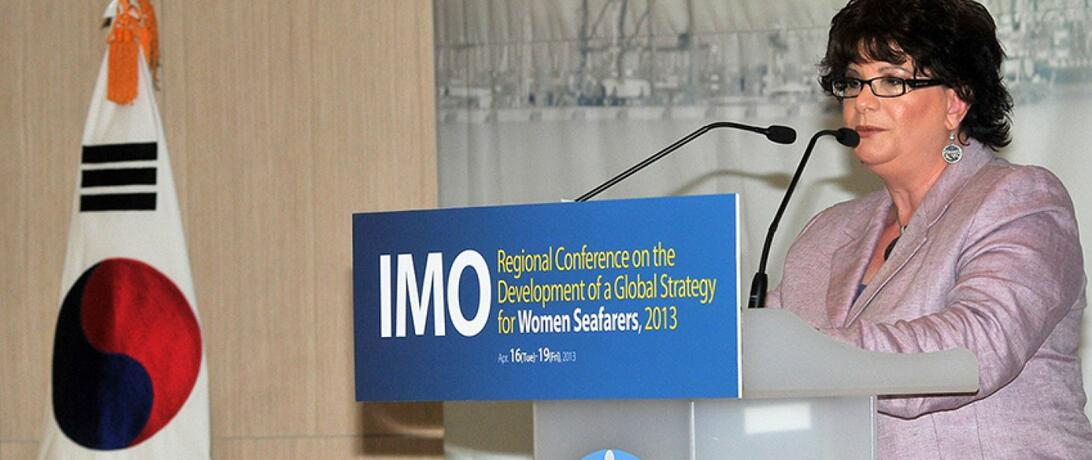
There are explicit interconnections between Women, Peace and Security, and the maritime domain in Jamaica. A decision taken in the 1970s to admit women to the Jamaica Defense Force (JDF) has ushered in a culture of women officers at every level of command.
This is the first in a series of three blogs excerpted from our recent report on women in the maritime domain, designed to highlight the role of women in maritime industry and governance as well as the intersection of Women, Peace and Security and the maritime space.
There are explicit interconnections between Women, Peace and Security, and the maritime domain in Jamaica, resulting in part from the decision, taken in the 1970s by Chief of Defense Staff Rear Admiral Peter Brady, to admit women to the Jamaica Defense Force (JDF). This facilitated the empowerment of women in the JDF, which now encompasses women officers at every level of command. This case demonstrates that the role of the top leader is key: it is only when the instructions come from the top of command structures that change becomes embedded within institutions.
Epitomizing this success is Antonette Wemyss-Gorman, former Commanding Officer of the JDF Coast Guard, who in February 2019 became the first woman to be appointed to rank of Commodore in the JDF. Key to this process of integration was the overarching government support for gender mainstreaming and inclusion. The success is tangible, with a strong culture of women in decision-making roles supported by a policy of equal access to education: the enrollment of women in higher education, a key indicator, is now at a ratio of 3:1.
One interviewee for this study emphasized the importance of recognizing the cadre of qualified women already available as maritime security resources: “It is not a case of doing women a favor.” The success of Cdre. Wemyss-Gorman should be a strong motivator for other women in the Caribbean and other regions to join the military.
The gender-maritime-security interface is reinforced through the Women in Maritime Caribbean (WiMAC) Association, whose establishment in 2015 was actively facilitated by the Director General of the Jamaica Maritime Authority (MAJ), Rear Admiral Peter Brady. The deputy Director General of the MAJ, Claudia Grant, also elected in September 2018 as chair of the Sub Committee on Implementation of IMO Instruments (III), served as the first Coordinator of WiMAC, while Cdre. Wemyss-Gorman was a founding member of the network.
In this case, as in many, it is a high-ranking male official with power and influence who provided the enabling environment. One interviewee stated that while the process needs an authority figure for the initial launch of an entity such as WiMAC, support at the middle rank level is essential to make the network sustainable. According to this interviewee, the “buy-in of the people is essential,” and “often it is quite a job to persuade them.”
One interviewee reflected that UNSCR 1325 should be added as a component to all the work programs across the gender networks, including that of the Jamaica Gender Bureau, which is actively seeking the introduction of gender certification to encourage the dissemination of policies that recognize and acknowledge gender issues.
Article Details
Published
Topic
Program
Content Type
Opinion & Insights